Disorders of Depression: Causes, Symptoms, and Treatments
Disorders of Depression: Major Depressive Disorder (MDD) is the most severe form of depression. It is characterized by extreme sadness, hopelessness, low self-esteem, and overwhelming guilt. Symptoms generally last for more than a year before being controlled by medications or therapy.
There are two general types of depression: Major Depressive Disorder (MDD) and Depression Spectrum Disorders (DSD). Each has its own set of symptoms and treatments.
Mental health professionals can prescribe various medications to treat MDD, cognitive therapy, and self-help books. DSD is a more complex disorder, and treatments may require more than one medication or therapy.
Who diagnoses depression
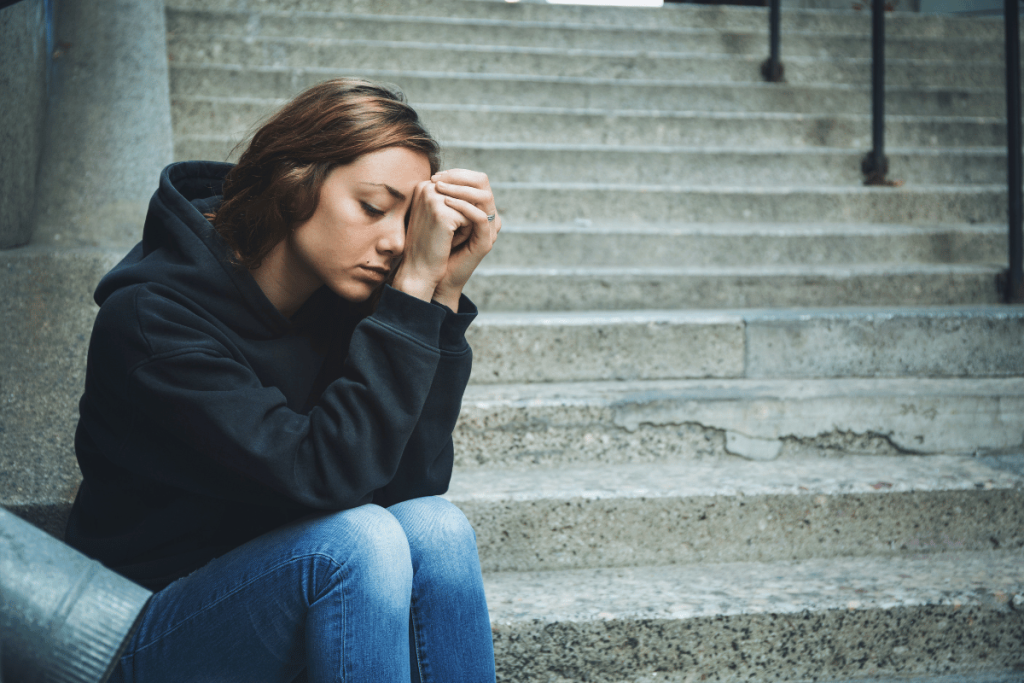
Depression is a mental disorder that can cause intense sadness, worthlessness, and guilt. Thoughts of suicide or self-harm often precede it. There isn’t one definitive way to diagnose depression, but professional treatments can help improve mood and reduce the risk of suicide.
You might be experiencing the symptoms of depression if you have any of the following:
● Feelings of hopelessness and emptiness
● Thoughts about harming yourself or others, such as thoughts of suicide or self-harm
● Unexplained changes in sleep patterns, appetite
Disorders of Depression from a medical condition
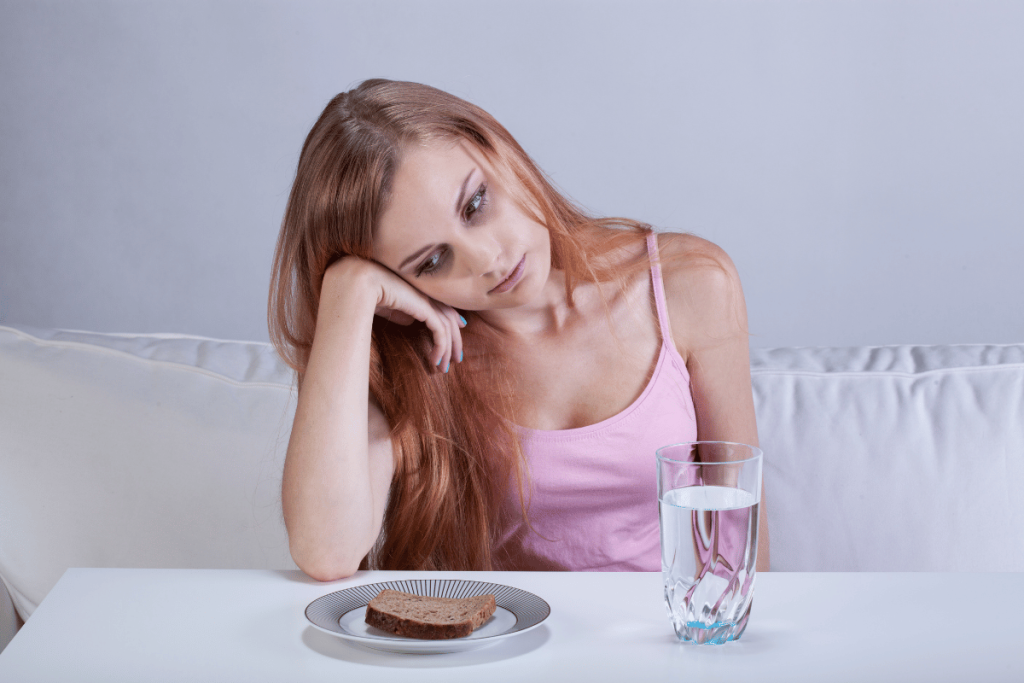
Depression is a common disorder that can affect anyone at any time, but it’s ubiquitous in people with medical conditions.
These conditions can cause depression, a severe mental illness affecting your mood, ability to function, and thoughts. If you have depression, you need to talk to your doctor or healthcare provider about it.
The National Institute of Mental Health (NIMH) defines depression as a mental health condition characterized by an inability to feel joy and happiness. What is Depression?
Depression is a mental illness affecting how you feel, think, and act. Several factors, including genetics and life events, can cause it.
Depression is a complex, chronic illness that can impact your life both now and long into the future. Depression is not something you “get” – it’s something you are.
What kind of disorder is depression?
Depression is a mental disorder that affects people’s emotions, thoughts, and behaviors. Different factors, such as genetics and early life experiences, can cause it.
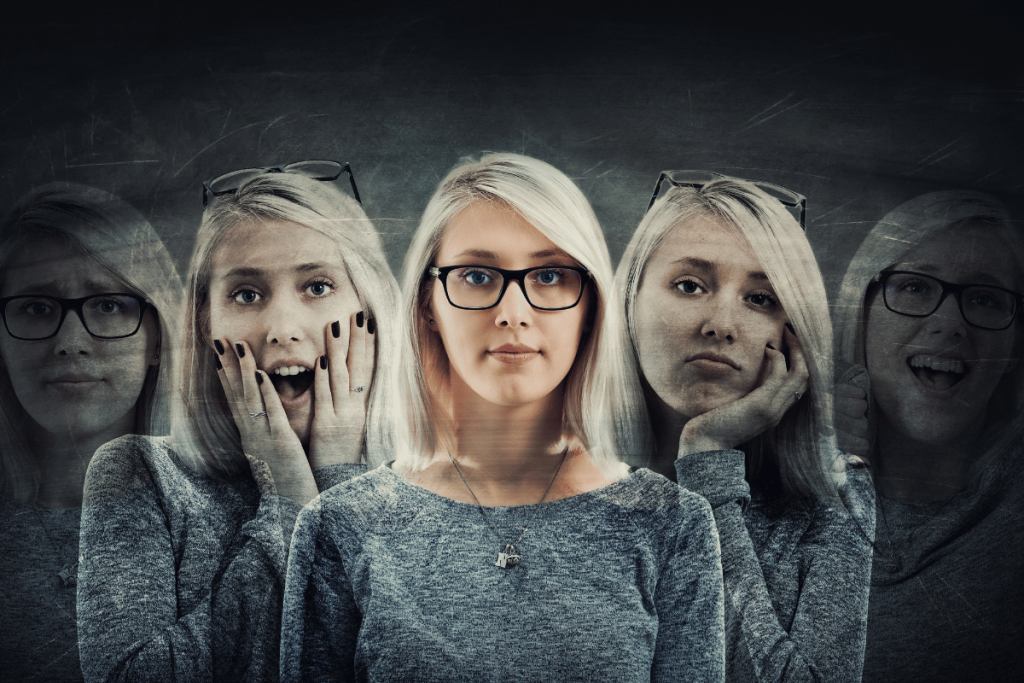
There are many types of depression, but the most common is major depressive disorder. This type of depression is more severe and often lasts for several weeks or months.
Suffer from depression, meaning
When it comes to depression, there is no right or wrong answer. Some people struggle with it for years, while others find relief in short-term treatments.
What matters most is taking the necessary steps to get your needed help. Everyday life can be overwhelming for people who struggle with depression. It’s essential to allow yourself to heal emotionally and physically.
Who depression affects
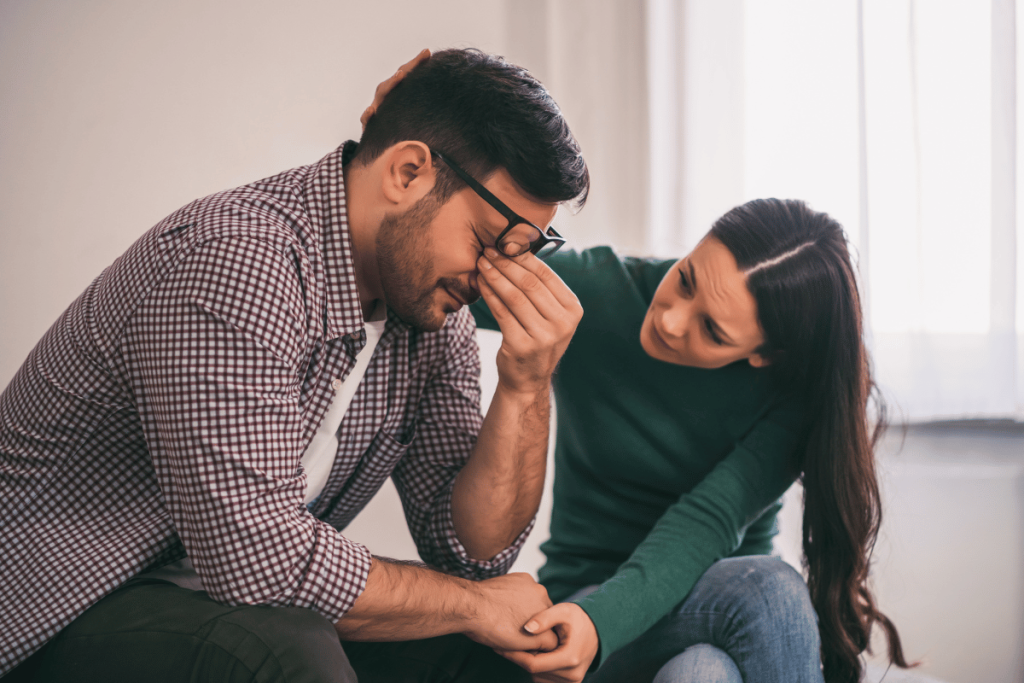
Depression is a common mental illness that affects people of all ages. Symptoms can vary from person to person but generally include sadness, hopelessness, and discontent. The disorder is treated with medication and support groups.
Why does depression occur
Depression is a severe mental illness that can cause sadness, hopelessness, and anxiety. It can also cause problems with thinking, social networking, and sleeping.
There are a few reasons why depression might occur. Some people may experience depression because of issues in their primary relationships, such as being divorced or widowed.
Others may experience it because they are experiencing stress, like being a working mom or dad. Still, others may develop it due to illness or injury.
How much of the population suffers from depression?
Depression is a common mental illness that affects many people in different ways. It can be challenging to identify and treat it, but there are some ways to reduce its severity. Symptoms of Depression and How to Treat It
Common symptoms of depression include:
I am feeling sad, hopeless, anxious, or guilty.
She was feeling numb or unable to feel anything at all. Difficulty sleeping, eating, and exercising and feeling irritable or restless. Easily hurt, angry or depressed by other people. She felt worthless and useless—difficulty concentrating and making decisions (including actions).
Being confused, frustrated, irritated, and overwhelmed with thoughts and feelings.
How often does depression occur?
Depression is a common mental disorder that can affect people of all ages.
The Mayo Clinic has released a report that finds that one in every 100 women and one in every 25 men will experience a major depressive disorder at some point.
Having a loved one who is suffering from depression can be extremely difficult. You are left wondering if you have done anything wrong and if there is anything you should have done differently to prevent the illness from developing.
Who suffers from depression?
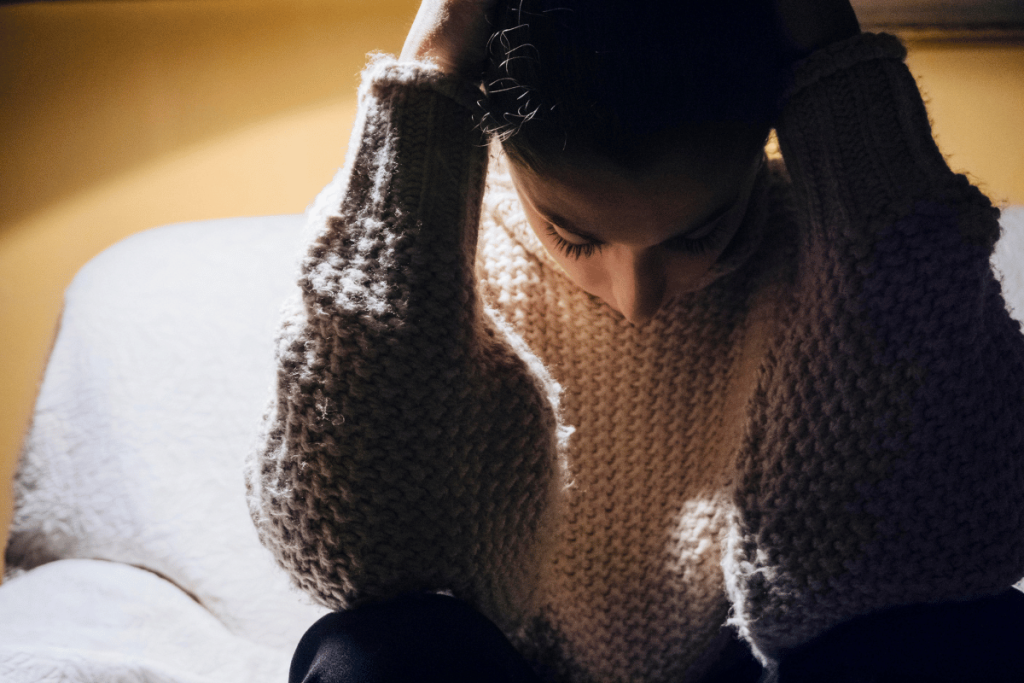
Depression is a mental disorder that causes significant sadness, loss of interest in usual activities, and reduced ability to function.
The National Institute of Mental Health (NIMH) rates depression as a severe mental health illness with a high potential for causing long-term physical and emotional damage.
Depression is the leading cause of death by suicide in the United States each year. You may be familiar with depression in other areas, such as family relationships and career goals. However, you may not know that depression is also a common problem among teens.
Causes of Depression
Depression is a common disease that many different things can cause. The most common causes of depression are stress, poverty, and anxiety. However, many other reasons can occur during times of stress and anxiety. If you have problems with depression, then it is essential to talk to your doctor about ways to treat it.
You may also hear about the following:
Nausea and vomiting: Nausea and vomiting are common side effects of depression. Several different causes can cause them. These include an inability to feel hunger or the hormone that controls this. The most common way to treat nausea and vomiting is through diet and exercise.
Symptoms of Depression
Depression is a common mood disorder that can cause significant manifestations in the individual and the family.
Symptoms can vary significantly from person to person and often depend on how severe the depression is.
Some common symptoms of depression include feeling hopeless, having low self-esteem, experiencing poor sleep quality, and significantly reduced energy levels.
In some cases, antidepressants may be necessary to manage the condition.
Treatments for Depression
Depression is a mood disorder that affects the ability to feel happy, hopeful, and content. Many treatments are available for depression, but most people find they work best with licensed psychiatrists or psychologists. Medication
Medications can be helpful in some cases of depression, but they cannot treat it. Drugs are usually used to make people feel better by changing their thoughts or completing the brain work differently.
Drugs that can cause depression
Doctors are beginning to identify drugs that can cause depression, a severe mental illness. There are many potential causes of depression, but the most common is a lack of sleep.
Many antidepressants work by altering the way chemicals in the brain fight depression. However, it is also possible to develop depression from the effects of certain medications.
The National Institute for Mental Health (NIMH) lists drugs known to cause depression.
Natural treatments for depression
Natural treatments for depression offer many potential benefits that can help reduce symptoms. In addition to well-known medications like antidepressants and vaccine therapy, various natural remedies are effective in treating depression.
Some of these treatments include meditation, yoga, and acupuncture. Meditation
Meditation can be as simple or complex as you desire. Whether you meditate for an hour a day, 20 minutes a day, or just five minutes in the morning, meditation offers numerous benefits to your body, mind, and spirit.
Common causes of depression
Depression is a common problem, and there are many possible causes. You can do some things to help yourself if you experience depression, but it is essential to talk to a doctor or therapist about what is going on.
What are the symptoms of depression?
The symptoms of depression can include:
Fatigue. It is common for people to feel tired and have trouble getting up at the end of the day. Anxious thoughts.
It is common for people to have negative thoughts such as “I don’t want to do anything today” or “I’m not able to do anything.”
Sadness and guilt. People who experience depression sometimes feel sad, guilty, and as if they have done something wrong.
They may also think they are not good enough—losing interest in activities they used to enjoy.
Other causes of depression
Depression is a mental disorder caused by stress, nutrition, loved ones, and the environment. There are many other causes of depression, such as genetics, medication side effects, and lifestyle choices.
It is essential to seek help if you feel like you are having difficulty dealing with your depression. Many different types of medication can help you feel better.
The National Institute of Mental Health (NIMH) lists the most common treatment options for depression.
Medication Changes
You may need to take additional medications to manage your depression. If you have depression, talk with your doctor about which medicines are right for you.
Your doctor may recommend a combination of medications to help manage your symptoms.
Prevention of Depression
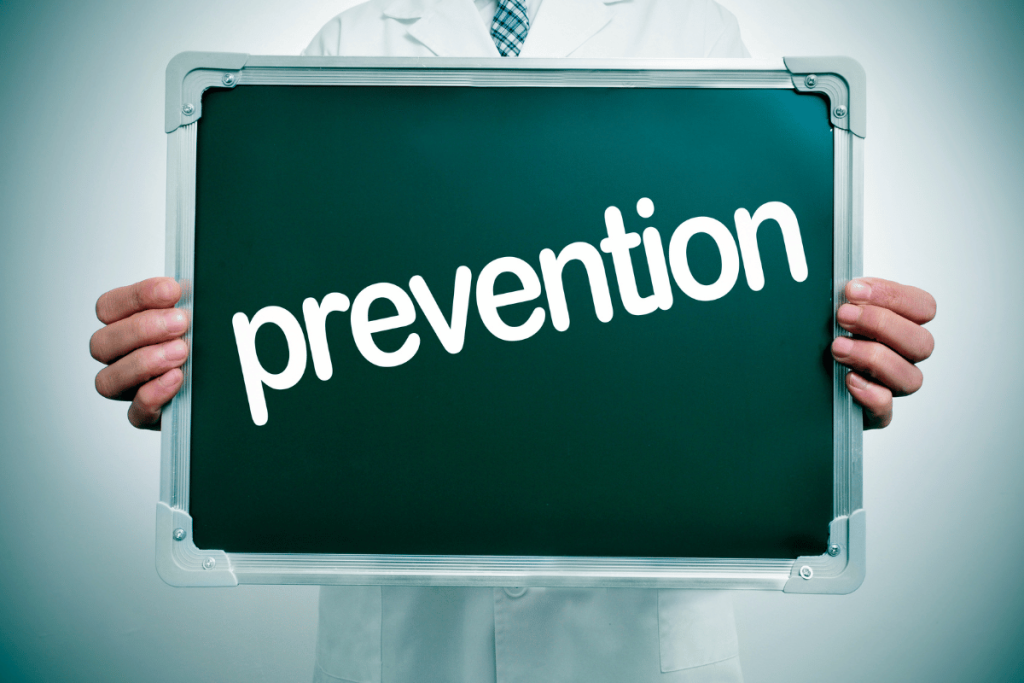
Depression is a common mental illness that can lead to negative consequences for the individual and their loved ones.
There are many ways to prevent depression from becoming a problem, including consuming healthy foods and exercising regularly, getting enough sleep, and managing stress.
However, it is essential to remember that every person is different and may not respond as effectively to all of these measures.
So, consult with a doctor or therapist before starting any new treatment plan. One of the most common treatments for depression is cognitive behavioral therapy (CBT).
CBT aims to help the individual identify and change unhealthy thought patterns that lead to negative behavior.
Treatments for Depression
Depression is a severe mental illness that can be debilitating and expensive to treat. Many treatments are available to those with depression, but some are more effective than others. Here are three of the most effective treatments for depression.
- Cognitive Therapy: Cognitive therapy is a type of therapy that focuses on understanding and changing negative thoughts. It will help you to develop new, more positive beliefs about yourself and the world around you.
- Family Therapy: Family therapy is a type of therapy that focuses on helping you to support your loved one’s recovery from drug and alcohol addiction. Family therapy helps you to gain insight into your loved one’s substance use and learn how to help them stop using drugs and alcohol effectively. Family therapy is a type of therapy that focuses on helping you to support your loved one’s recovery from drug and alcohol addiction.
- Cognitive behavioral therapy (CBT): This treatment helps you learn how to identify and manage your loved one’s cognitive biases.
- Mental health rehabilitation programs: This form of therapy helps you deal with the emotional and physical problems related to anxiety and depression.
- Stress management programs: Stress management programs help you reduce stress in your life. This form of therapy is also known as self-help, problem-solving and coping skills training, stress management, or behavioral therapy.
- Mental fitness training: This therapy helps you build a positive mental attitude and increase your self-esteem.
- Gratitude meditation: This form of therapy helps you to exercise your gratitude for the things that make your life worth living.
- Mindfulness meditation: This therapy helps you focus on the present moment without worrying about the past or future.
- Meditation: This form of therapy helps you to clear your thoughts and worry-free focus on the present moment.
- Reiki: This therapy helps you protect your body from harmful forces and stress and to relax and heal any physical or emotional damage done by the external world.
- What is the difference between Reiki and Aikido? Reiki and Aikido differ in two crucial ways. First, reiki is an energy technique. It uses a specific flow of energy to help you to relax your body, mind, and spirit.
Types of depression
Depression is a mental disorder characterized by sadness, hopelessness, and Courier Postcard depletion.
Some people with depression have trouble sleeping, eating, or feeling social activity. Can treat depression by helping the person feel better can be done in the following ways:
They are treating the depression itself.
Treating any other problems that may contribute to the depressed feelings. Counseling the person about coping techniques.
These can help with nausea, body aches, and headaches. They also may be used in conjunction with counseling or other types of therapy.
Conclusion
In conclusion, disorders of depression can cause feelings of sadness, anger, and hopelessness. These feelings can lead to a decreased interest in things that make you happy, making it challenging to lead a fulfilling life. There are many different treatments available for disorders of depression, which may help to improve your overall condition. If you are experiencing these symptoms, please seek professional help.
More resource: New Diagnostic Tool for Depression ICD10

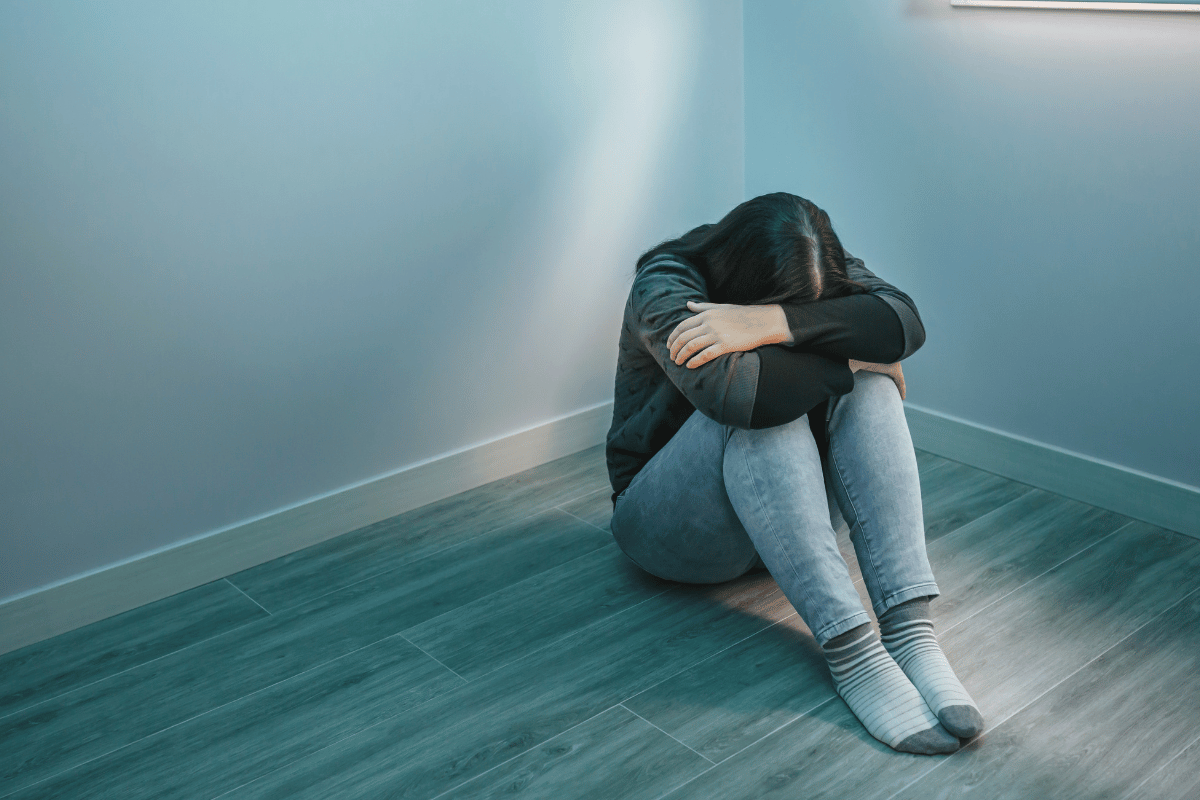
Pingback: New Diagnostic Tool for Depression ICD10 - Lakeofcode